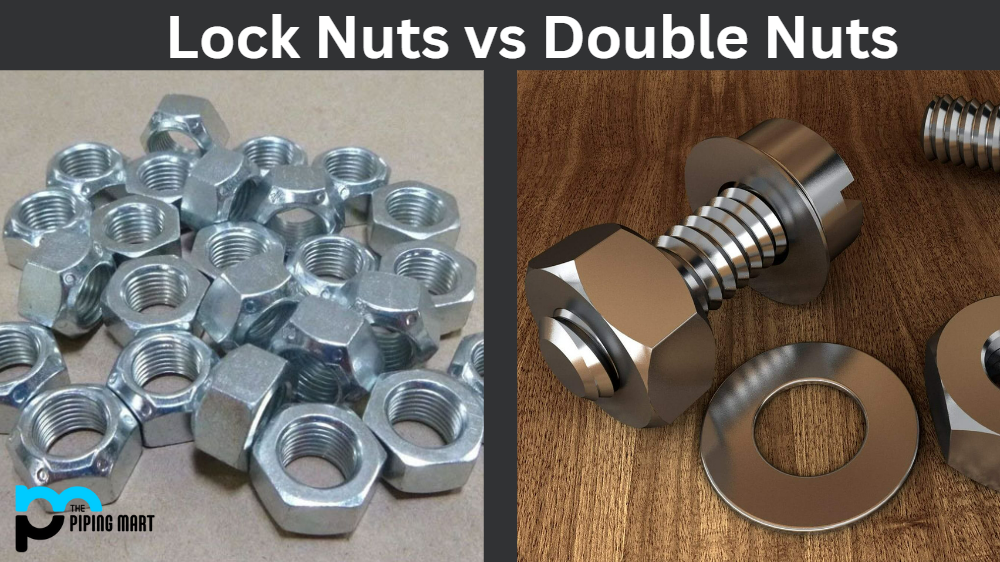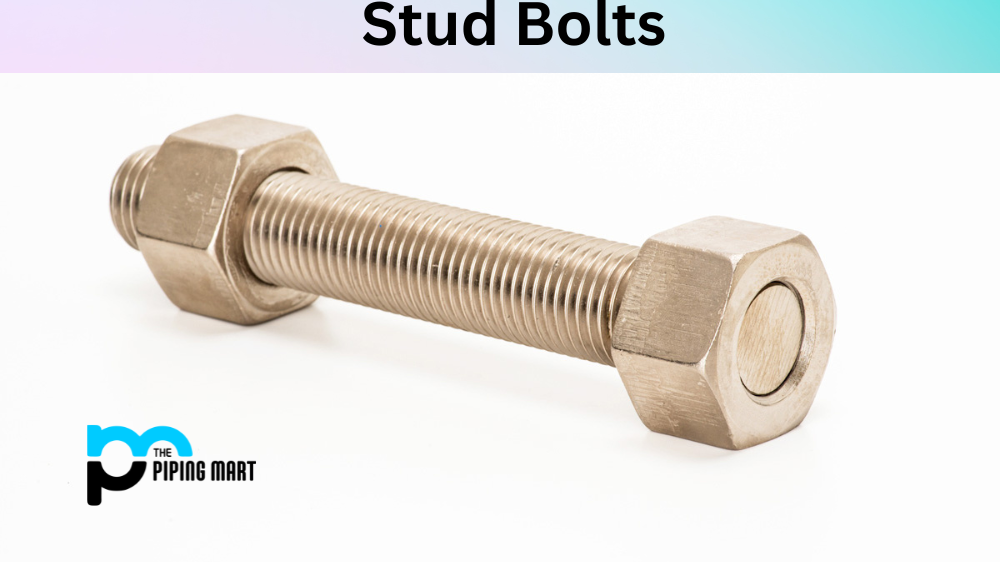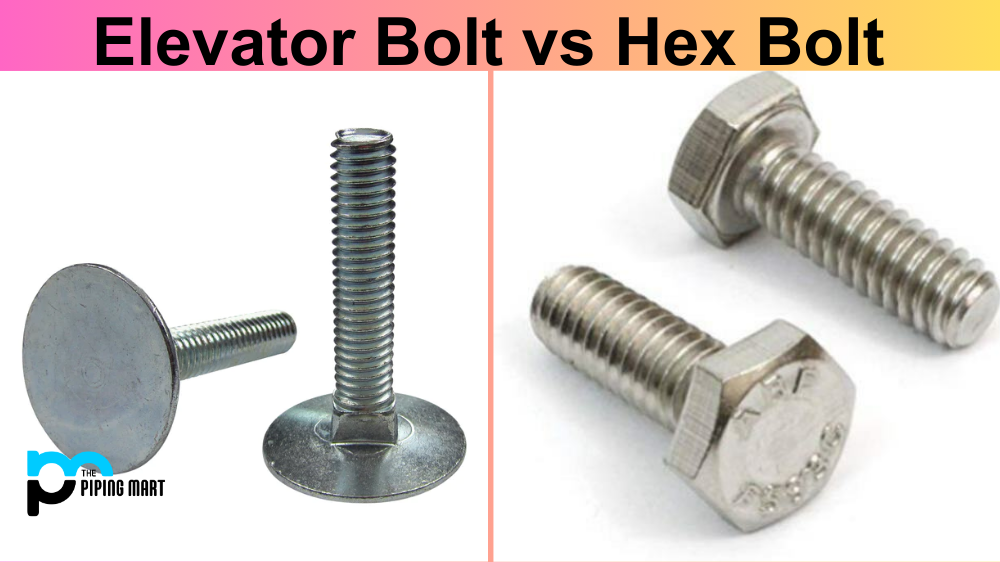You might consider locking nuts or double nuts if you’re looking for a secure fastening solution. But which one should you choose? It all depends on what type of application you are working on and the level of security required. Let’s take a look at the differences between lock nuts and double nuts so you can make an informed decision.
What is Lock Nut?
A lock nut is a mechanical fastener that prevents loosening due to vibration or other external forces. It achieves this by having an internal thread pattern cling to the mating part, making it nearly impossible to separate the two pieces. Lock nuts come in many forms, including all-metal, nylon insert, hexagonal flange, and self-locking.
What is Double Nut?
A double nut is a mechanical fastener consisting of two standard nuts threaded together on the same bolt shaft. The two nuts are tightened against each other with alternating motion—one nut is tightened while the other is loosened—until they reach their desired tightness. This makes it much harder for the bolt to loosen over time due to vibrations or other external forces, as both nuts must be loosened for separation. This process also allows for more precise torque settings compared to single-nut solutions.
Difference Between Lock Nut and Double Nut
- Double nuts are typically used in applications with greater resistance against vibration and other external forces than a single nut can provide. Common applications include valves, pumps, conveyor systems, motor mounts, etc.
- A lock nut, also known as a jam nut, is a type of nut that is used to secure another nut in place.
- A double nut is a type of nut that has two nuts threaded onto one bolt.
- Lock nuts are typically used when it is important to prevent the nut from coming loose, such as in applications where vibration is present.
- Double nuts are typically used when it is essential to achieve a tight connection, such as in applications with high loads.
- Lock nuts are made from steel or brass, while double nuts are made from nylon or plastic.
- Lock nuts are available in various sizes and thread pitches, while double nuts are available in a limited number of sizes and thread pitches.
Conclusion:
When deciding between lock nuts and double nuts for your application, you must consider what type of security level you need from your fasteners and any environmental factors that could lead to loosening over time (e.g., vibration). Both locknuts and double nuts provide excellent security for their respective applications, but depending on your needs, one may be better suited. Consider both options carefully before making your decision!

Abhishek is a seasoned blogger and industry expert, sharing his insights and knowledge on various topics. With his research, Abhishek offers valuable insights and tips for professionals and enthusiasts. Follow him for expert advice on the latest trends and developments in the metal industry.




